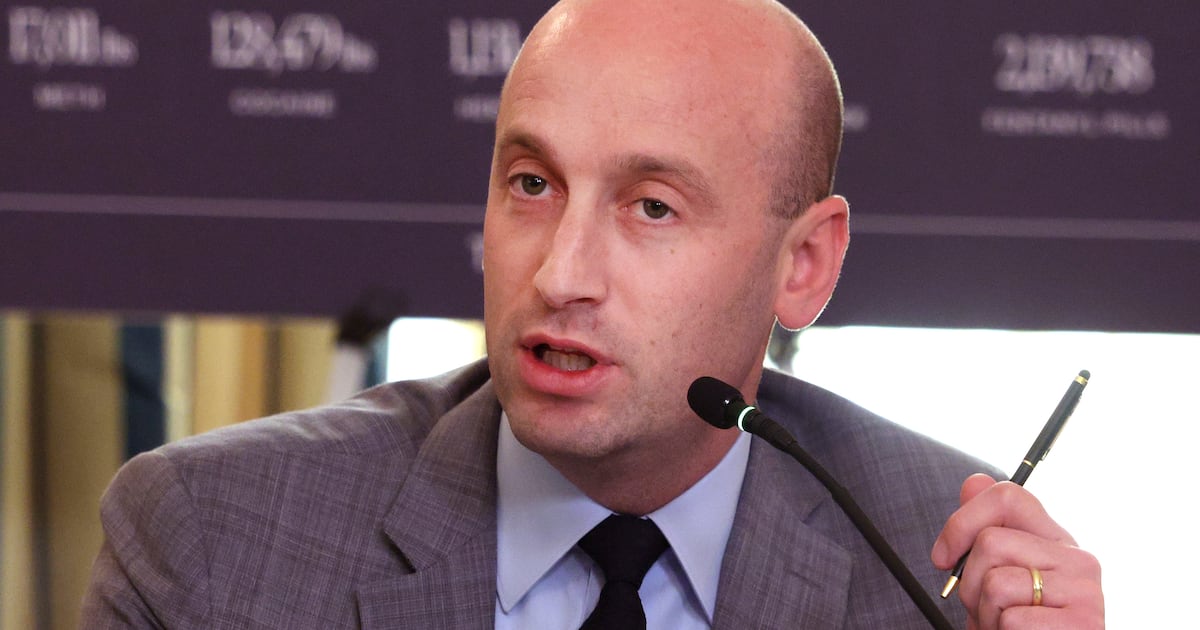What do Kim Kardashian, the word “duang” and this fake Harvard rejection letter have in common?
News sites have claimed they each “broke the Internet” some time in the last couple weeks. And of course, the most egregious use of the overused phrase came back in February. It was day 2 of that two-toned dress takeover when I typed the words "dress color" into Google and saw that we in the media had embarrassed ourselves.
“What Color is the Dress? The debate that broke the Internet,” read the headline from WBUR in Boston.
“The dress that broke the Internet, and the woman who started it all,” teased Time.com.
"The Internet almost broke Thursday night after a heated debate over the color of a dress," read the top of a story in USA Today.
The meta media joined in. “Buzzfeed breaks the Internet with the dress,” wrote media blogger Jim Romenesko.
Buzzfeed, which got 16 million hits to its site in 6 hours over this thing, couldn't resist going overboard. "18 relationships destroyed by the dress that broke the Internet," the site screamed in one follow up post.
Until that moment, the phrase “broke the Internet” seemed likeably familiar to me, like an actor whose name you don't know but you're sure you’ve seen in a lot of good movies. It probably rose from geeky online chatter to the Buzzfeeds and Gawkers of the world, where it got tenure as an edgy, insider way to say that something went really, really viral.
The dress story took that edge right off.
By the tenth dress headline, “broke the Internet” was done. That's what happens when too many loud voices say something they think is hip. They prove it isn’t. “Broke the Internet” broke. It became yet another cliché.
Something about the Internet seems always new, always now. But not even this era’s flashy Internet speak is immune to overuse. In fact, it’s more susceptible than ever. We're all at war for each other’s attention. Our language is naturally going to reduce to what works.
But if everyone sounds the same, what’s the point of talking?
“For better or worse, the Internet is shaping the way we talk, the way we write, the way we think.”
That’s how Daily Dot writer Miles Klee started an homage to a comment on Reddit (and reportedly originated in 4chan) that became a hit, because it wrapped into one paragraph almost every online forum cliche then known.
“That escalated quickly.” “I see what you did there.” “Nailed it.” You get the idea.
"It was kind of like hearing your own voice recorded for the first time, only to realize how obnoxious you sound," read one response to the comment.
It can take hearing overused language read back to you to realize how meaningless it's become, and how indicative of linguistic laziness.
Some Internet speak endures, of course, because it retains a counter-culture spice. It's when mainstream voices join in that phrases lose their flavor.
In today's mad mad online media world, headlines are a particularly powerful killjoy. Profits depend on how well headlines capture attention, how effectively they draw interest to content. When phrases are seen to work, because they turn up again and again in popular content, desperate headline writers snatch them up fast.
It wasn't always this way. In print media, headlines had their own language and saw no need to borrow from the common chatter. Kids were "youths." Victims were "slain." First names didn't count. And simple verbs were absent.
But this is a more conversational media age, and how we speak is now constantly being co-opted.
"The question for news publishers is no longer how to draw an audience to their sites, it’s how to implant themselves into their audience’s lives," Mat Honan wrote in Wired.
***
This quick cycling may not just be due to traffic hungry media hounds. The online world is still relatively new, and we may be suffering from a kind of language deficit.
The way Eskimos have 50 words for snow (for real, though), our language might need more ways to describe the new features of our digital lives. Our hectic online spaces need more of their own vocabulary.
And yes—probably more nuanced ways to say that something online got really popular.
We're already scrutinizing meanings. As Charlotte Alter pointed out in Time last year, “broke the Internet” is more precisely defined as “hijacking the Internet,” in that the piece of content in question—Kim Kardashian’s rear, the two-toned dress, and a load of other things, depending on your characterization—has to be so popular that it pulls everyone's attention away from other big things.
So much of the Internet is already a copy of a copy of a copy. If there's any place to battle overused language, it's here.





